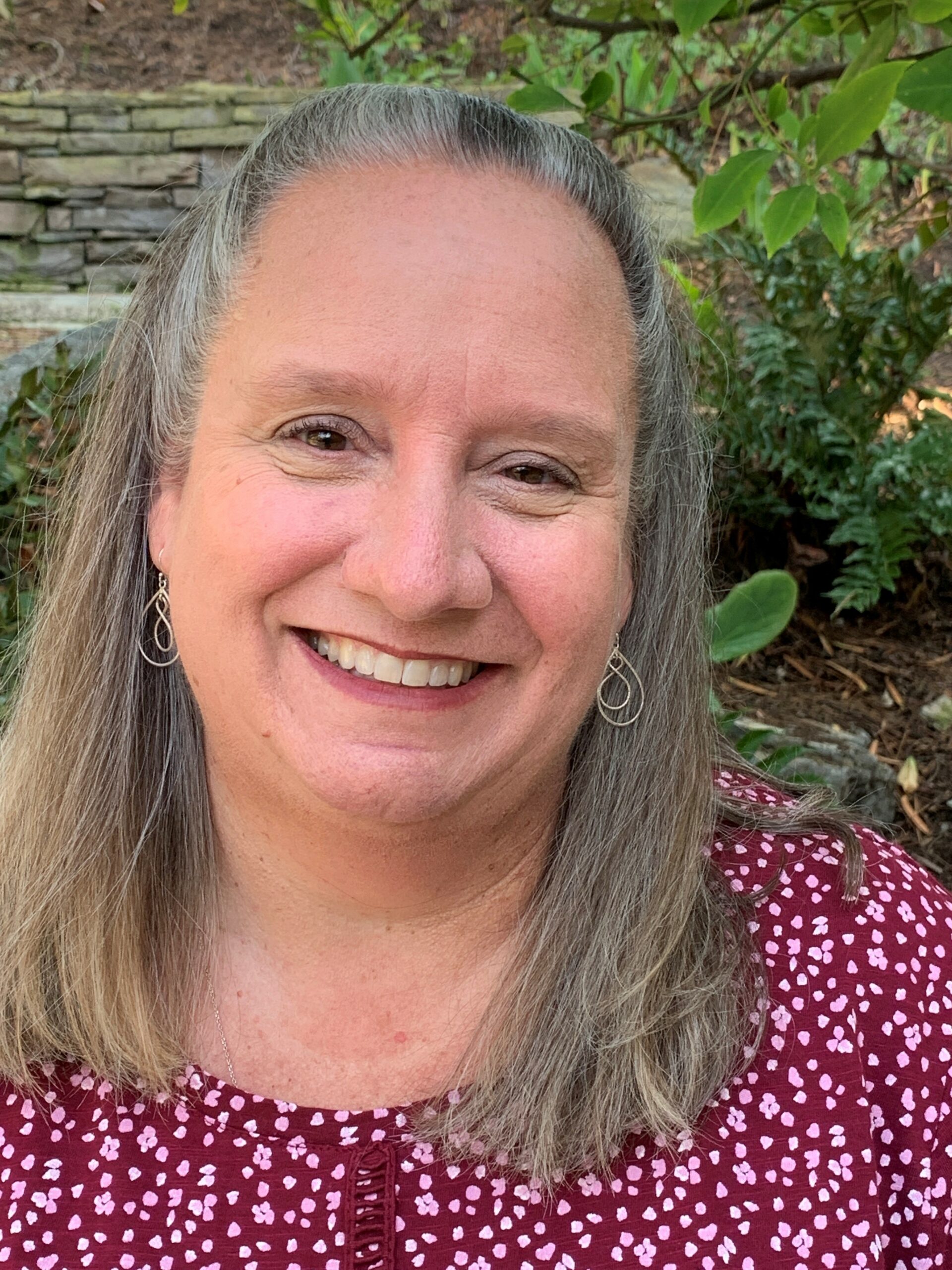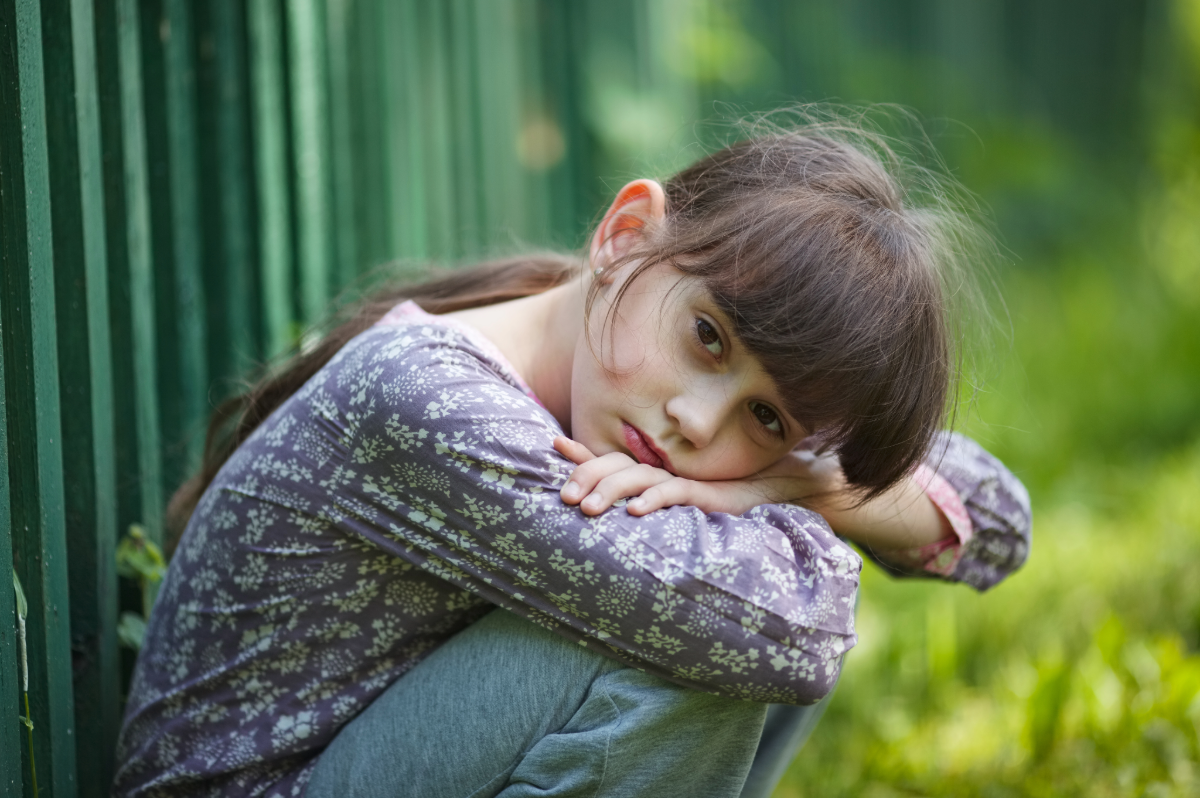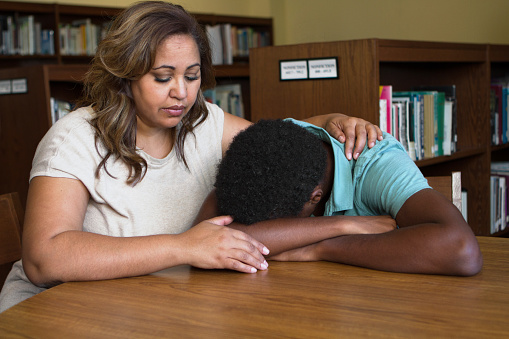Children are being more frequently diagnosed with obsessive-compulsive disorder (OCD). OCD is an anxiety disorder. A child with OCD can have obsessive thoughts, feelings and fears that are not wanted. They do repeated behaviors called compulsions or rituals to make fears go away.
Symptoms of OCD:
- Obsession with dirt or germs
- Repeated handwashing (>100 times per day)
- Too much attention to detail
- Repeated doubts, such as whether the door is locked
- Too much worrying about something bad happening
- Excessive asking for reassurance
- A need to do things the “right” way
It is normal for parents of anxious children to want to remove whatever is causing them anxiety. Doing so only feeds the anxiety. It does not help the child get over the things that stress them. Have strong communication with your child. They can feel embarrassed about their disorder, so support and listen to them.
Parents play a big role in treatment for OCD. Work together with your child’s counselor or physician to create a treatment plan. Considerable follow-up, family involvement and support are essential.
The treatment plan may include:
- Exposure and response prevention
This helps your child identify and understand their fears through exposing them to thoughts, objects or situations that start their obsessions. Response therapy helps teach your child new ways to resolve or reduce those fears. It can help your child and family make rules to limit or change behaviors. For example, setting a maximum number of times a compulsive handwasher may wash their hands.
- Stop “accommodating”
This means arranging family life to avoid triggering your child’s OCD. Families might stop taking vacations, eating out or even change how they speak to keep their child with OCD from being anxious. In therapy, family members learn to help their child face their fears instead of avoiding them.
Pray for your child:
“Lord, You tell us to be anxious for nothing, but you know the struggle my child has with obsessive thoughts that lead to ritual behaviors. Please give me wisdom and strength as I lead my child to manage their OCD and overcome their anxious thoughts. I pray for you to fill them with peace that surpasses all understanding and guard their heart and mind. Thank you for my child and for the healing that only you can provide. In Jesus name, Amen.”
If you want to know more about this topic, CLICK HERE
Author
-

Amy Kendall was the Next Gen Disabilities and Mental Health Pastor at Saddleback Church and was on staff from 2007-2024. Before working at Saddleback, she worked for 10 years in the educational sector as a behavior specialist, specializing with children on the autism spectrum. Amy graduated from Pacific Christian College with her BA in Ministry and from Hope International University with her MA in Marriage, Family, Child Counseling. Amy was recently on the board of the Disability Ministry Conference as their vice president and speaks often in regards to disability ministry. Amy also has a teenage son with multiple disabilities and mental health struggles, and she believes that she is a better pastor because she gets the blessing to be his mom.
View all posts






